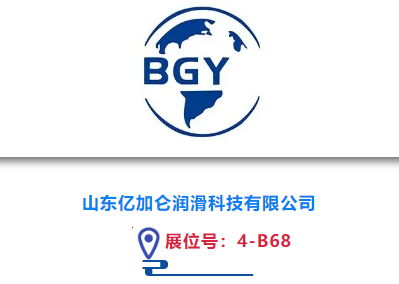
Mitsubishi Electric says it expects UK legislation such as the Clean Growth Strategy will help drive a market shift away from the current dominance of gas boilers in heating towards a greater use of renewable powered alternatives such as air source heat pumps.
The company argues that upcoming changes to current UK inventive programmes aimed to support a shift to heating systems powered by renewable energy will improve the mainstream appeal of heat pumps alongside the technology’s strong potential for use in more rural off-grid areas.
The comments were made ahead of the upcoming launch of Mitsubishi’s Ultra Quiet Ecodan air source heat pumps. Mitsubishi Electric claims the appliance design, which is provided in 8.5kW and 11.2kW variations, curbs operational noise by three times the amount of previous iterations of the company’s heat pump. It says this allows for improved flexibility for use of the technology against planning restrictions concerning sound, representing ten years of ongoing R&D work.
Flexibility of use is viewed by the company as a key driver of the new design for both heating and cooling applications, especially at a time of significant market changes driven by new environmental requirements around reducing carbon emissions.
Marc Overson, senior product manager for Mitsubishi Electric Living Environmental System in the UK, cited changes being introduced to the government’s Renewable Heat Incentive (RHI) as helping overcome the traditional investment cost barriers that have held back heat pump take up.
The introduction next month of an ‘assignment of rights’ extension to the domestic RHI scheme was a positive sign of legislative changes supporting a shift away from more carbon intensive heating systems, Mr Overson said.
“We believe that this is a step-change in the market itself in the sense that now homeowners can assign their rights to RHI payments to third party investors going forward. This will open up the ability for capital expenditure problems to be solved.”
“Typically, an air source heat pump would be more expensive than a boiler and this has often bene a barrier to the expansion of this market, but moving forward there is a real change in legislation around this market towards heat pump use.”
The technology will face competition from the potential emergence of new forms of hydrogen heating appliances that is also being considered at present by government as a means of supporting lower carbon ambitions.
Questions also remain over the current capacity of the electric grid in the UK to support widespread expansion of a number of potentially greener technologies such as electric vehicles and heat pumps.
Max Hallliwell, product manager for Mitsubishi Electric’s renewable heating systems, says that the UK government was actively planning how viable electric capacity would be for powering lower carbon heating solutions.
He added that representatives from the Department for Business, Energy and Industrial Strategy (BEIS) would be meeting with the company over the potential for larger scale adoption of heat pumps in the coming weeks.
Mr Halliwell said, “The government are already starting to do quite in-depth studies in terms of the impact of doing this. We’re now moving from direct electric heating to heat pumps.”
He said it was uncertain when these studies were set to be published, but the issue was being addressed by UK government to get an understanding of the role they may play in realising the aims of the Clean Growth Strategy.
Mr Halliwell argued, “The government are the ones who stuck their coat hangers on the uptake of heat pumps and therefore they are going to have to do the calculations to ensure we have enough power in the grids.”






















